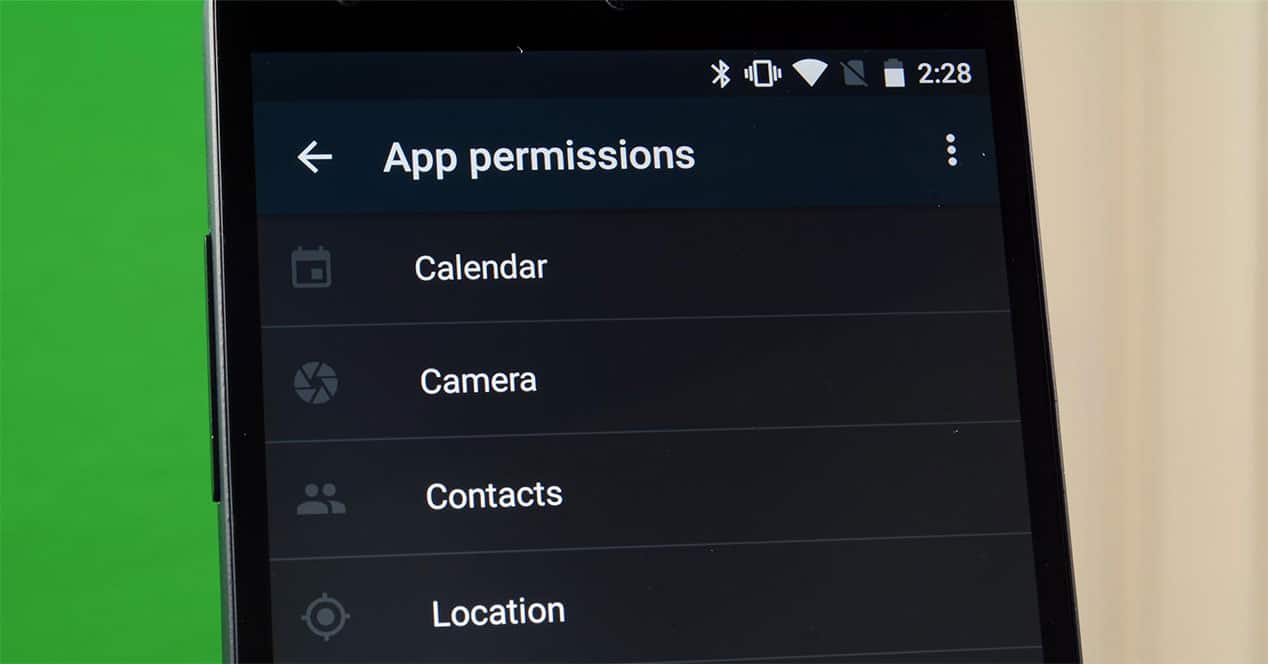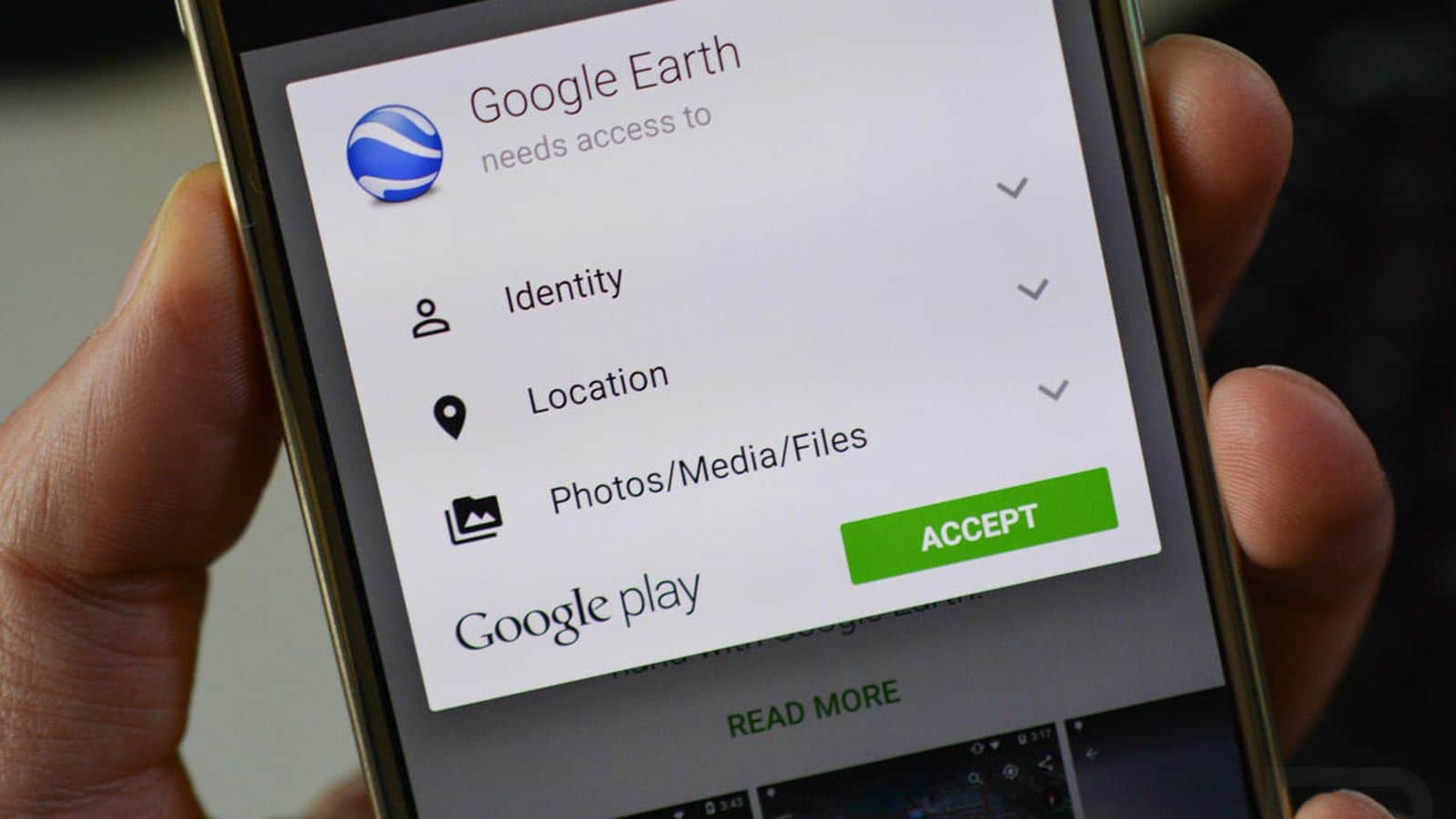
Today, mobile applications for Android usually require permissions to use different functions of the mobile. Fortunately, the latest updates to the operating system have made it possible to custom configure the type of permissions and the times at which apps can use extra applications or services on the phone.
The location and the camera, as well as the microphone, are the aspects that applications most often request. But it is not necessary that they have access to these components all the time, that is why we have decided to compile a list with the apps that we should only allow access to when using them. Otherwise, even running in the background or not running, the apps could continue to access our mobile. We tell you which are the apps with which to be more careful.
location apps
applications that request permission to access your location, normally we must configure them so that they only have access to said information when using them. There are different types of apps that use the GPS location to provide you with localized advertising, share your location with other contacts or register services and proposals near our location.
It is recommended that in applications of transport services or general mapping, you only activate the permission to use GPS when the app is in use. In this way, your location and the history of points that you have visited with the app turned off will not be recorded.
Apps with permission for calls and messages
All the instant messaging applications they usually require permission for calls and messages, mainly as a method of double authentication. But if we allow the permanent use of calls and messages, even without being with the app in use, third parties could intervene your phone and steal relevant information. Malicious apps and ransomware often use these permissions to send fake messages inviting you to send a message to paid numbers.
Apps requesting permissions for in-app payments
In-app payments are, in any application, a special permission that we only have to enable when the app in question is in use. Otherwise, in the face of an attack by hackers or a malicious app, we could end up being victims of scams.
There are numerous video games that today request the in-app payments because they are a way to customize our characters and settings. There are even games that are based on chance and obtaining prizes and rewards in roulette-style games, and there the payments within the app are common currency.
In order to have greater security and protect your data, the most advisable thing is to configure the permissions so that the application cannot access to carry out any type of transaction except at the moment in which we are using it. These permissions are a security barrier to avoid cases of double billing, among others. Also, you have to be careful about allowing in-app payments all the time, as kids can end up spending your money. There have been numerous cases of this type, with very high amounts that end up resulting in a headache for families.
Apps requesting permission for Photos
All the social media like Instagram, Tinder or the like, they ask for access to our photo gallery so that we can select and upload the ones we want on our profiles. However, this is a permission that we must grant with caution, since some applications are made with your photos and in their conditions of use they make them the heritage of the application.

Furthermore, before a computer attack Users could steal important information about your environment through an exhaustive analysis of your image gallery. It is true that when you install social network applications, you decide to share and show part of your life, which is why we are exposed to theft and image theft. But this does not mean that by providing permanent permissions to access our photos, we are generating greater vulnerability towards apps that may be malicious.
Applications with full Internet access
Nowadays, more and more applications request full internet access. This is used to make calls over the Internet, to exchange data online, but it is also a gateway to advertisements and invasive advertising practices. Keep in mind that if the app claims to be ad-free, and has no downloadable content, it hardly requires connecting to the outside world.
Permanent connectivity is also a vulnerability to hacker attacks. An app that is always exchanging data with servers may be more susceptible to ransomware attacks, among others.
Conclusion
When provide permissions to access functions of your phone, carefully analyze the type of app and the functions it fulfills. Enabling authorizations only when the app is in use is a step to improve the overall protection of the device, and to be clear about when each application is using the rest of the mobile's functions.
